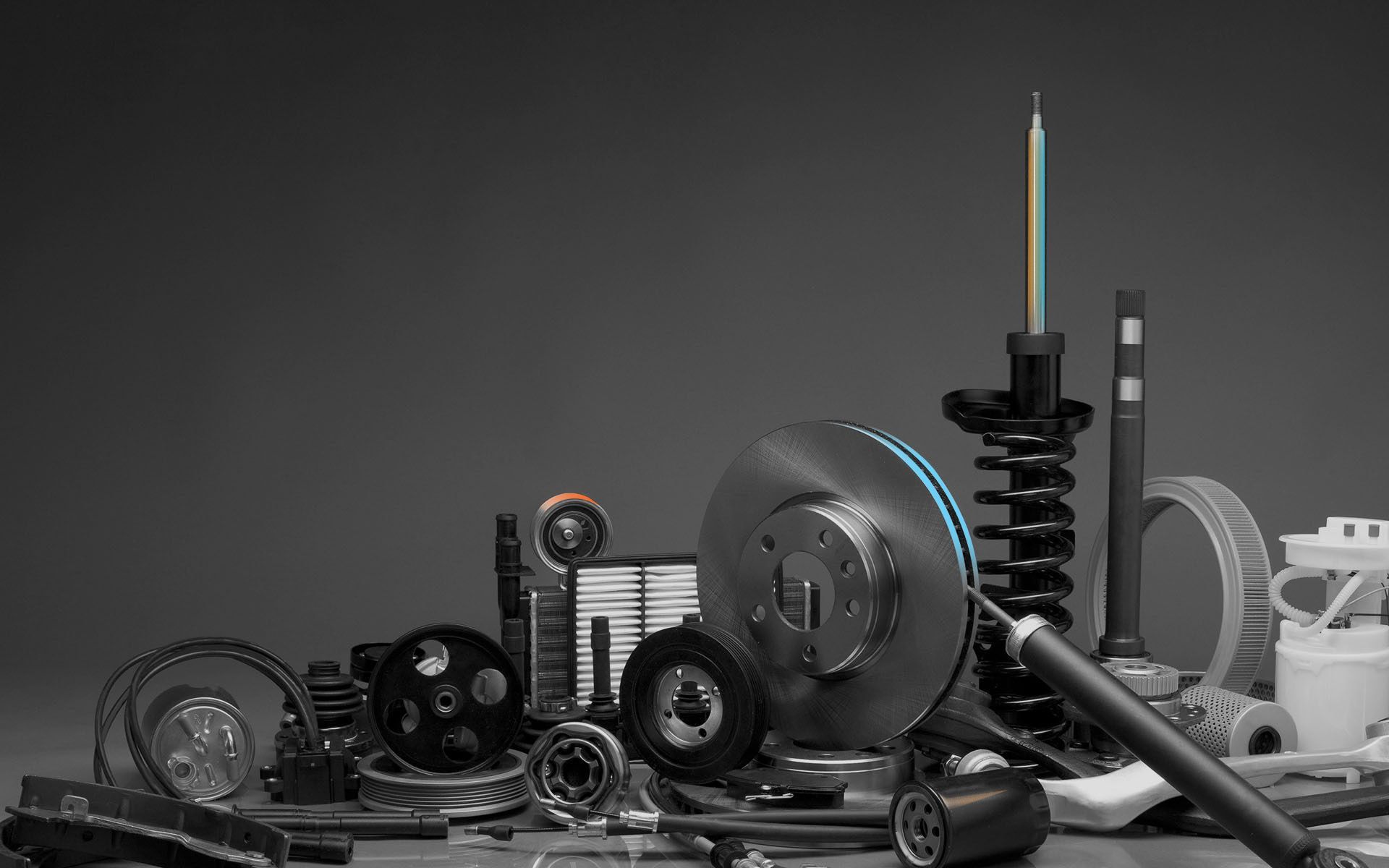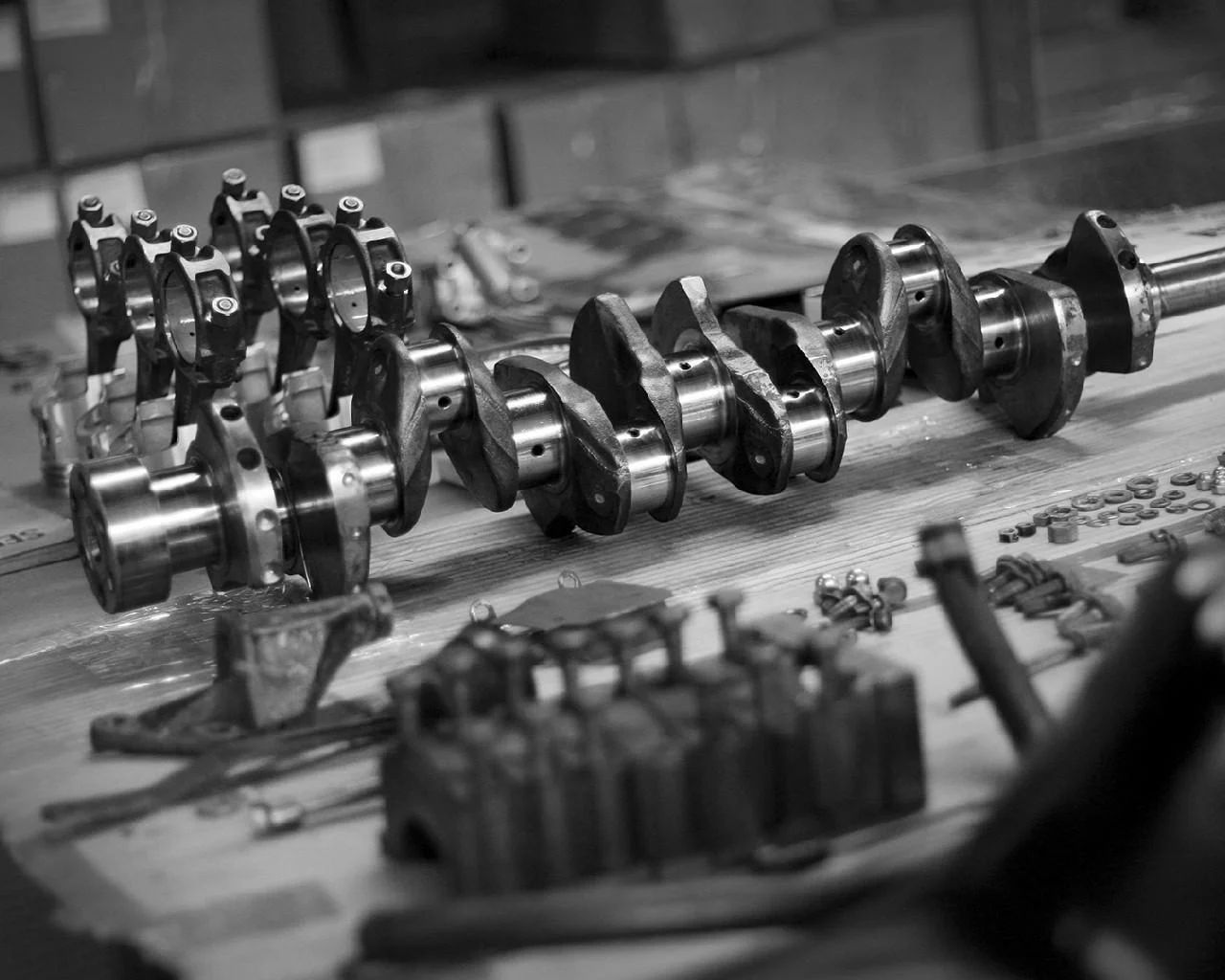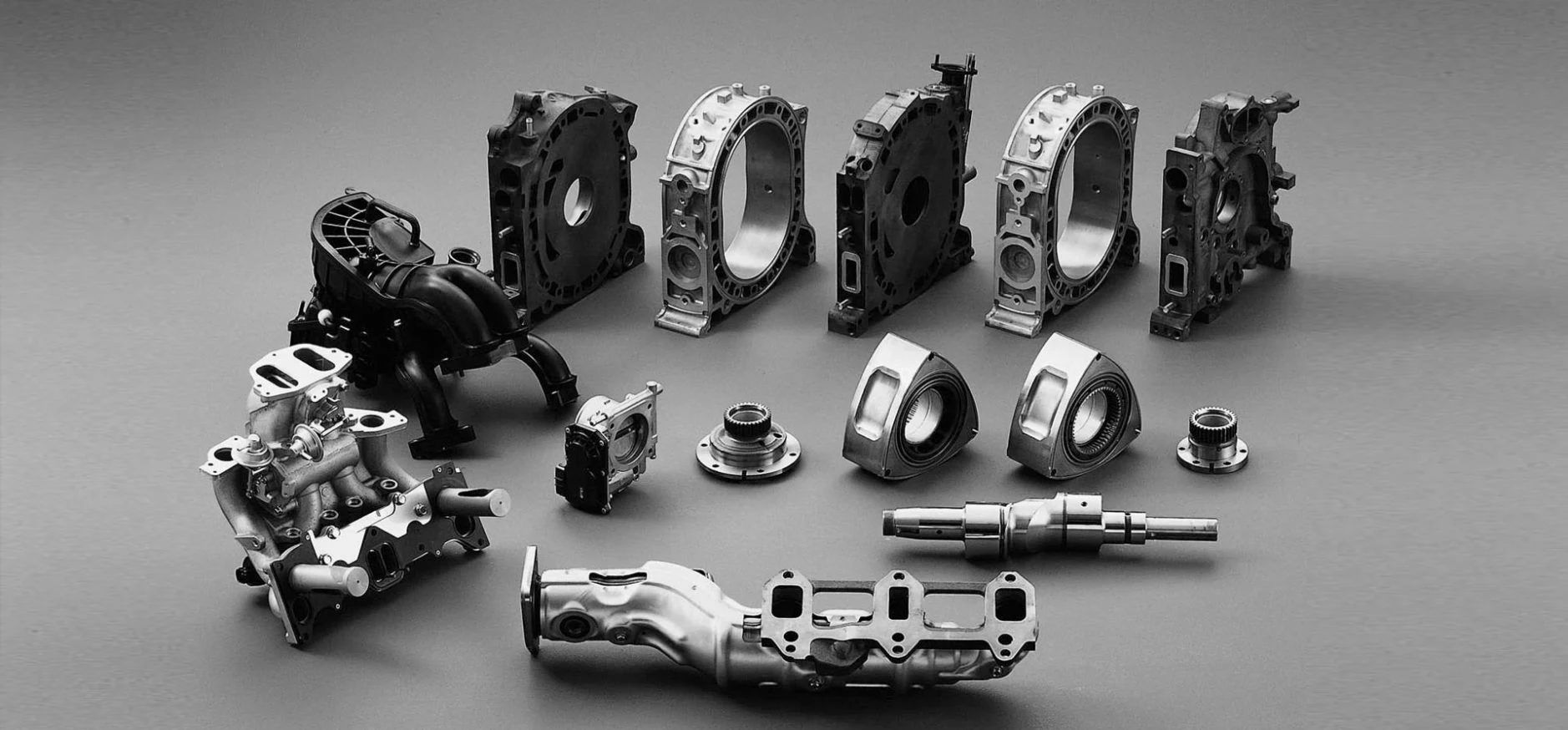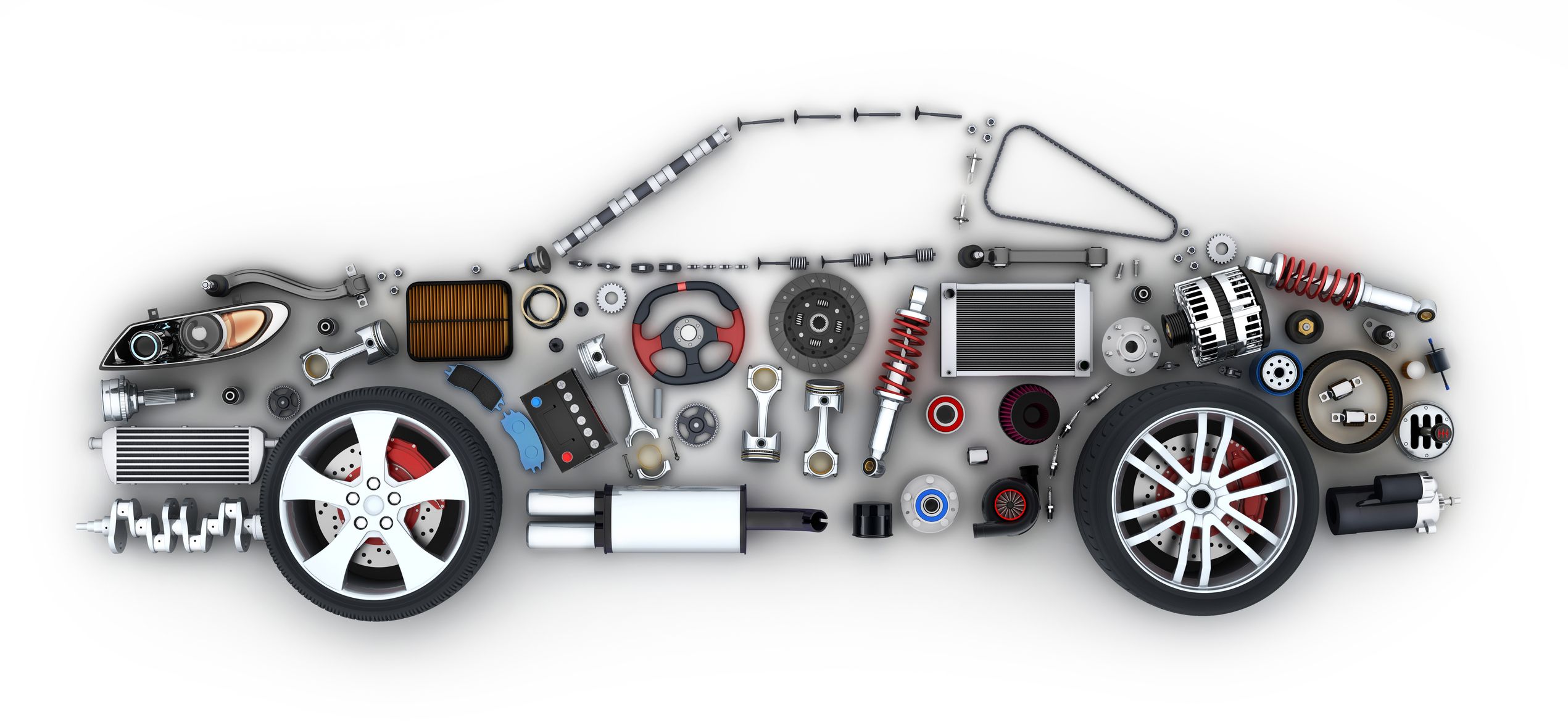A car’s filters play a crucial role in its maintenance and performance. There are several types of filters, including air filters, fuel filters, and oil filters. Each of these filters is responsible for keeping harmful contaminants out of the engine and other critical systems in the car. In this article, we will discuss the importance of changing these filters regularly, how to identify signs of a clogged filter and the benefits of using high-quality filters.
Air Filters
The air filter is responsible for preventing harmful contaminants, such as dust and debris, from entering the engine’s combustion chamber. Over time, the filter becomes clogged with debris, which can lead to reduced engine performance and fuel efficiency. It is essential to replace the air filter at least once a year or every 12,000 to 15,000 miles, depending on the manufacturer’s recommendation.
Signs of a clogged air filter include reduced acceleration and power, a rough idle, and a decrease in fuel efficiency. If you notice any of these signs, it is time to replace the air filter. A dirty air filter can also cause engine damage by allowing contaminants to enter the engine and damage internal components.
Fuel Filters
The fuel filter is responsible for keeping contaminants, such as dirt and rust, out of the engine’s fuel system. Over time, the filter becomes clogged, which can lead to reduced engine performance and fuel efficiency. It is essential to replace the fuel filter every 20,000 to 40,000 miles, depending on the manufacturer’s recommendation.
Signs of a clogged fuel filter include reduced engine performance, difficulty starting the engine, and a decrease in fuel efficiency. If you notice any of these signs, it is time to replace the fuel filter. A dirty fuel filter can also cause engine damage by allowing contaminants to enter the engine and damage internal components.
Oil Filters
The oil filter is responsible for removing contaminants, such as dirt and metal particles, from the engine oil. Over time, the filter becomes clogged, which can lead to reduced engine performance and fuel efficiency. It is essential to replace the oil filter every time you change the oil, which is typically every 3,000 to 5,000 miles, depending on the manufacturer’s recommendation.
Signs of a clogged oil filter include reduced engine performance, increased engine noise, and a decrease in fuel efficiency. If you notice any of these signs, it is time to replace the oil filter. A dirty oil filter can also cause engine damage by allowing contaminants to circulate through the engine and damage internal components.
Benefits of Using High-Quality Filters
Using high-quality filters can provide several benefits, including better engine performance, improved fuel efficiency, and longer engine life. High-quality filters are designed to trap more contaminants and last longer than low-quality filters. They may be more expensive upfront, but they can save you money in the long run by reducing engine damage and prolonging the lifespan of your car’s critical systems.
In conclusion, regularly changing your car’s filters is essential for ensuring its performance and longevity. Be sure to follow the manufacturer’s recommended maintenance schedule for your specific car model and always use high-quality filters. By doing so, you can avoid costly repairs and keep your car running smoothly for years to come.













